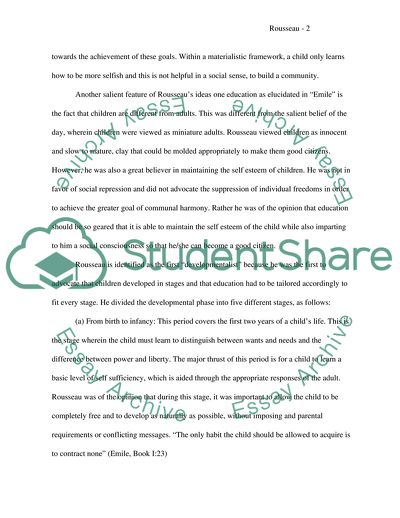Cite this document
(Emile Rousseau's radical theroy on education Coursework, n.d.)
Emile Rousseau's radical theroy on education Coursework. https://studentshare.org/education/1702893-emile-rousseaus-radical-theroy-on-education
Emile Rousseau's radical theroy on education Coursework. https://studentshare.org/education/1702893-emile-rousseaus-radical-theroy-on-education
(Emile Rousseau'S Radical Theroy on Education Coursework)
Emile Rousseau'S Radical Theroy on Education Coursework. https://studentshare.org/education/1702893-emile-rousseaus-radical-theroy-on-education.
Emile Rousseau'S Radical Theroy on Education Coursework. https://studentshare.org/education/1702893-emile-rousseaus-radical-theroy-on-education.
“Emile Rousseau'S Radical Theroy on Education Coursework”. https://studentshare.org/education/1702893-emile-rousseaus-radical-theroy-on-education.


